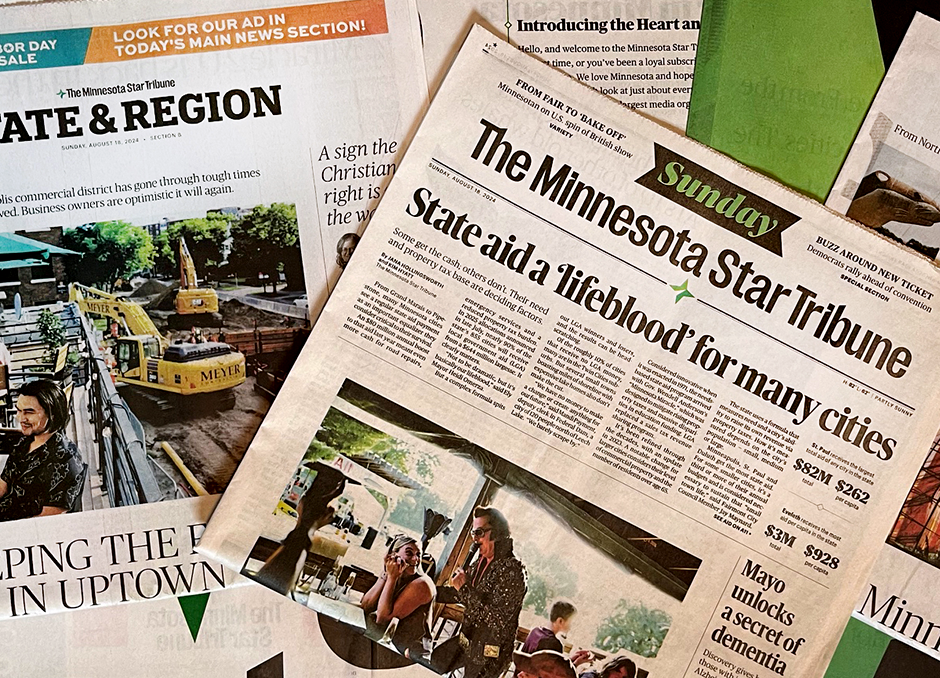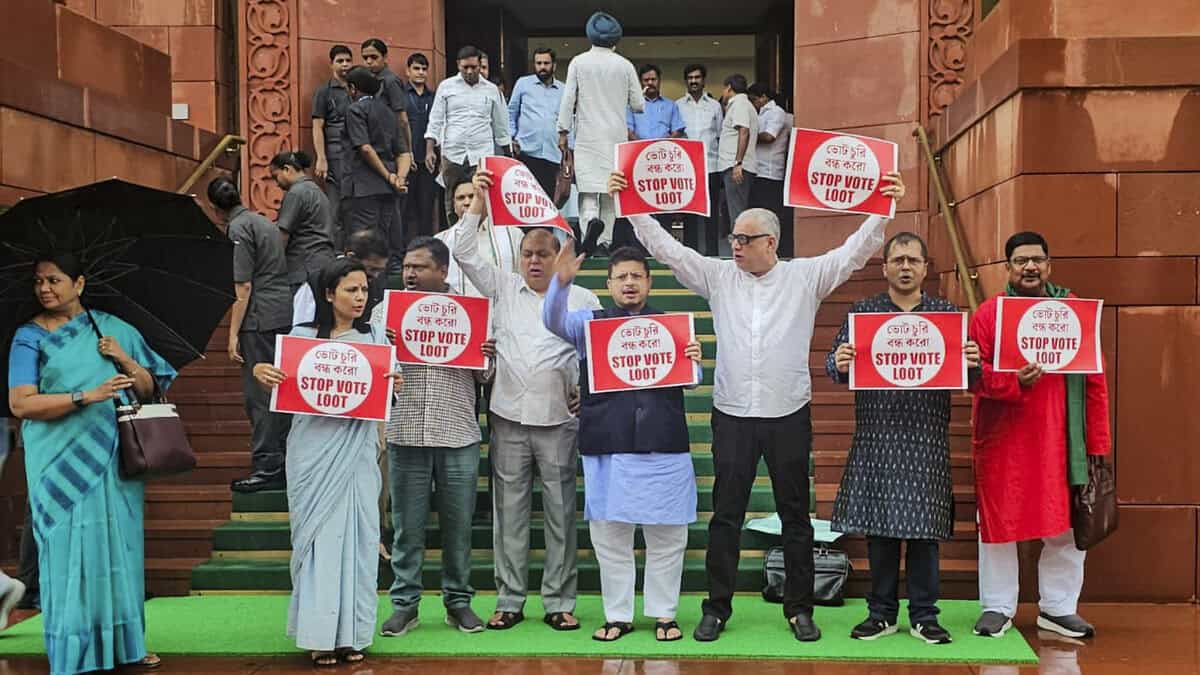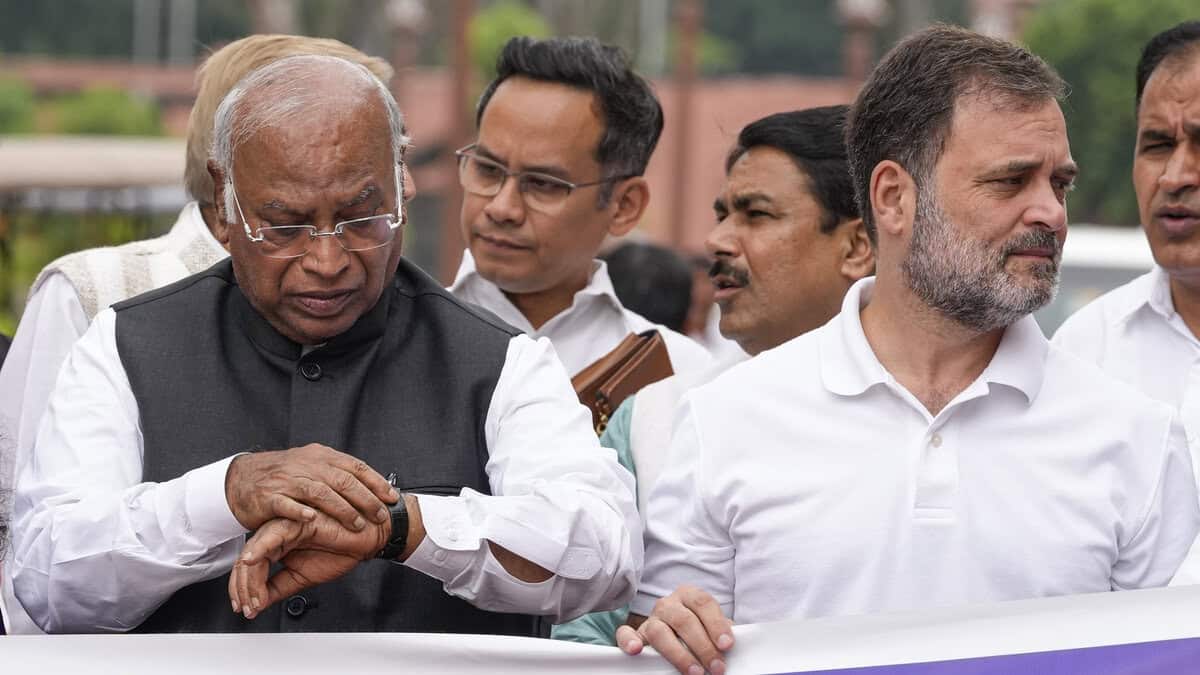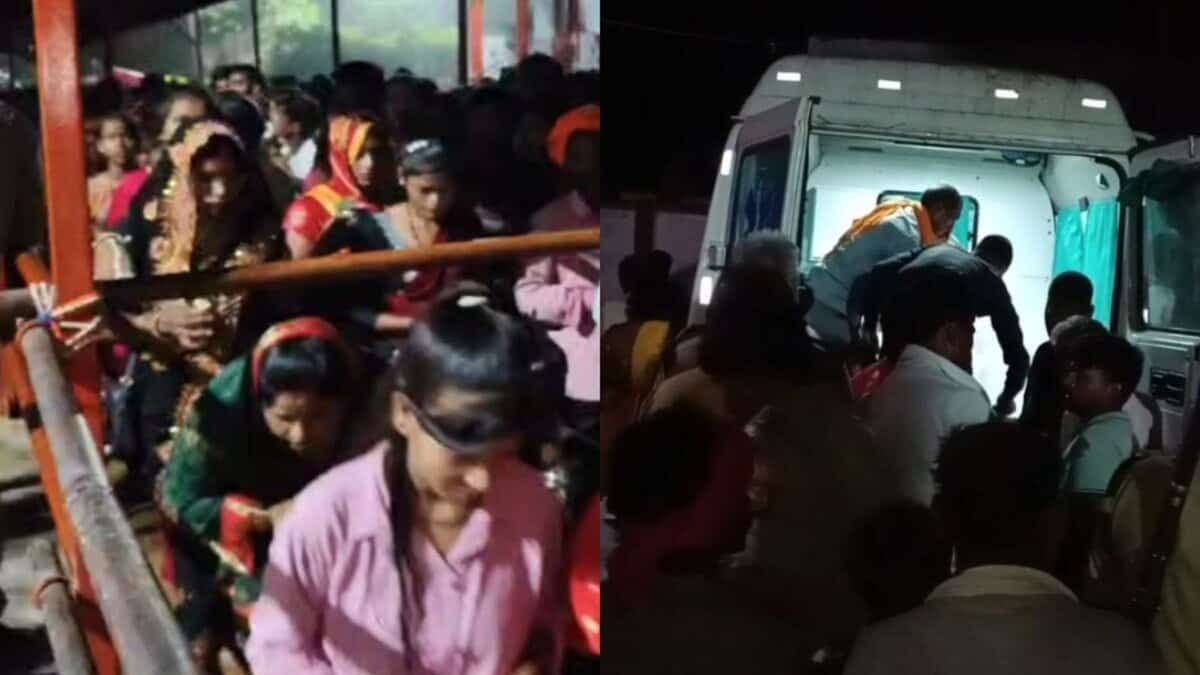Hajj pilgrimage: As per the new rules, men will not be permitted to enter women’s rooms during the pilgrimage.
Hajj pilgrimage 2026: In a significant update for Hajj pilgrims, the Saudi Arabia government has announced new rules for the 2026 Hajj pilgrimage. Under the recently announced 2026 Hajj pilgrimage, husbands and wives will no longer be allowed to stay in the same room. As per the rule, Male and female pilgrims will be accommodated separately, and men will not be permitted to enter women’s rooms during the pilgrimage.
Separating females and males of the family, these new regulations mark a major change in accommodation policy for Hajj. Earlier, the Haj Committee of India used to arrange shared rooms in rented hotels for pilgrims from the same state, often accommodating husbands and wives together depending on room size and availability. Notably, Hajj is a sacred pilgrimage that is required of every Muslim at least once in their lifetime, being one of the five pillars of Islam.
Delhi Hajj Committee begin registration for Hajj 2026
In another important update for the Hajj pilgrims, Kausan Jahan, Chairperson of the Delhi Hajj Committee informed that registrations for Hajj 2026 commenced on July 7 and will conclude on July 31. As per the rules of the committee, the passports of the applicants should be valid until December 2026. Notably, as per the instructions of Prime Minister Narendra Modi, the committee is committed to providing the best facilities to the Hajj pilgrims.
“Registration for Haj 2026 has begun. It will go on from 7 July to 31 July… The passports of applicants should be valid till 31 December 2026… The committee, as per the instructions of PM Narendra Modi, is committed to providing the best facilities to Haj pilgrims”, Kausar Jahan told ANI.
As per a report by ANI news agency, Union Minister of Minority Affairs Kiren Rijiju announced that the Union Government will begin accepting applications for the Haj pilgrimage in 2026 within a week, urging pilgrims to ensure timely submissions of documents to avoid future complications ahead of the pilgrimage.
(With inputs from agencies)

















































